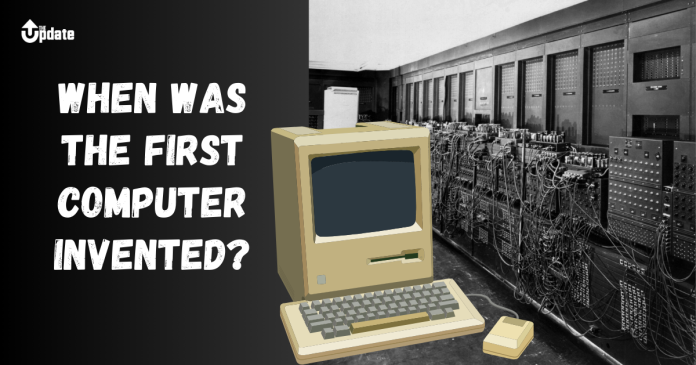The first computer was conceptualized in 1837 by Charles Babbage, who designed the Analytical Engine, a mechanical device capable of performing calculations. Although it was never fully built during his lifetime, this invention is widely regarded as the precursor to modern computers.
Later advancements in the 20th century brought the first electronic computers. In 1945, the ENIAC (Electronic Numerical Integrator and Computer) became the first programmable, fully electronic general-purpose computer, created by John Presper Eckert and John Mauchly. Meanwhile, Alan Turing’s 1936 concept of a “Turing Machine” laid the theoretical groundwork for contemporary computing.
Together, these milestones reflect the progression of computers from mechanical concepts to the sophisticated digital systems we rely on today.


